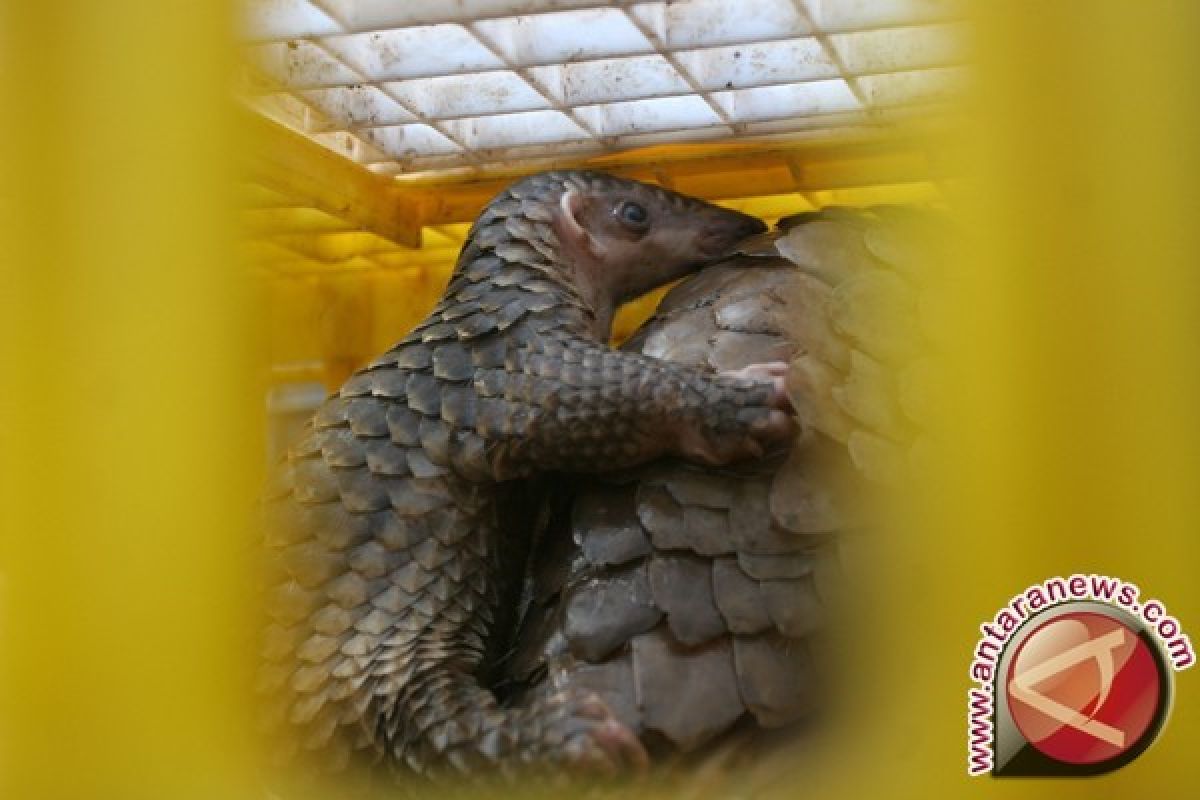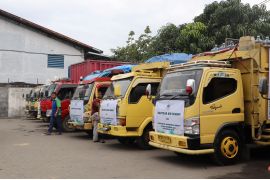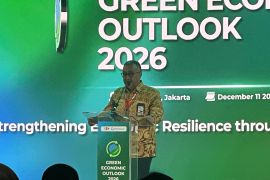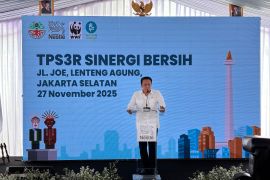... we do not yet know what the extinction threat index is for existing species due to the current conditions of increasing global temperatures and climate change.Jakarta (ANTARA) - The Ministry of Environment is preparing to collect data on the biodiversity of endangered flora and fauna in 2025.
According to head of the ministry's Sub-Directorate for Species and Genetic Preservation, Ba'diah, the distribution of national flora and fauna biodiversity is very wide, covering at least 93.219 million hectares of Indonesia's total land area.
Sumatra has 22 species of flora and fauna, Java 25 species, Kalimantan 14 species, Sulawesi 16 species, Maluku 8 species, Bali and Nusa Tenggara 15 species, as well as Papua 9 species.
Based on the Environment Ministry data, in terms of the biodiversity of terrestrial species, Indonesia has 9.7 percent of flowering plants, 15 percent of mammals, 9 percent of reptiles, 6 percent of amphibians, 17 percent of birds, and 9 percent of freshwater fish in the world.
In fact, she said, as per data collected by the National Research and Innovation Agency (BRIN) in 2023, Indonesia, as an archipelagic country, also has four of the 25 marine biodiversities in the world.
"However, we do not yet know what the extinction threat index is for existing species due to the current conditions of increasing global temperatures and climate change," Badi'ah informed here on Tuesday.
According to her, the United Nations Convention on Biological Diversity(UNCBD) estimates that 44 percent of warm-water coral species and 50 percent of global mangrove ecosystems will be extinct by 2050 if the increase in temperature is not controlled.
Meanwhile, the World Meteorological Organization (WMO) has pegged the current global temperature increase at 1.45 degrees Celsius, or nearly 1.5 degrees Celsius, which is the normal temperature threshold agreed upon globally in the 2015 Paris Agreement.
Ba'diah further said that increasing global temperatures could also have a significant impact on biodiversity in Indonesia.
This has been indicated by the delay in rainy season in Indonesia from mid-2024 to 2025, as announced by the Meteorological, Climatological, and Geophysical Agency (BMKG).
Based on the Environment Ministry's analysis, increasing global temperatures has also begun to disrupt migration patterns, breeding seasons, and pollination of plants in the country.
"Habitat changes are very vital for the existence of species; the details will be recorded by using the biodiversity strategy and action plan as a reference," she informed.
Related news: Increasing awareness of environmental preservation among millennials
Related news: LIPI unveils awareness campaign on biodiversity in industry 4.0 era
Translator: M. Riezko Bima Elko Prasetyo, Yashinta Difa
Editor: Arie Novarina
Copyright © ANTARA 2024












